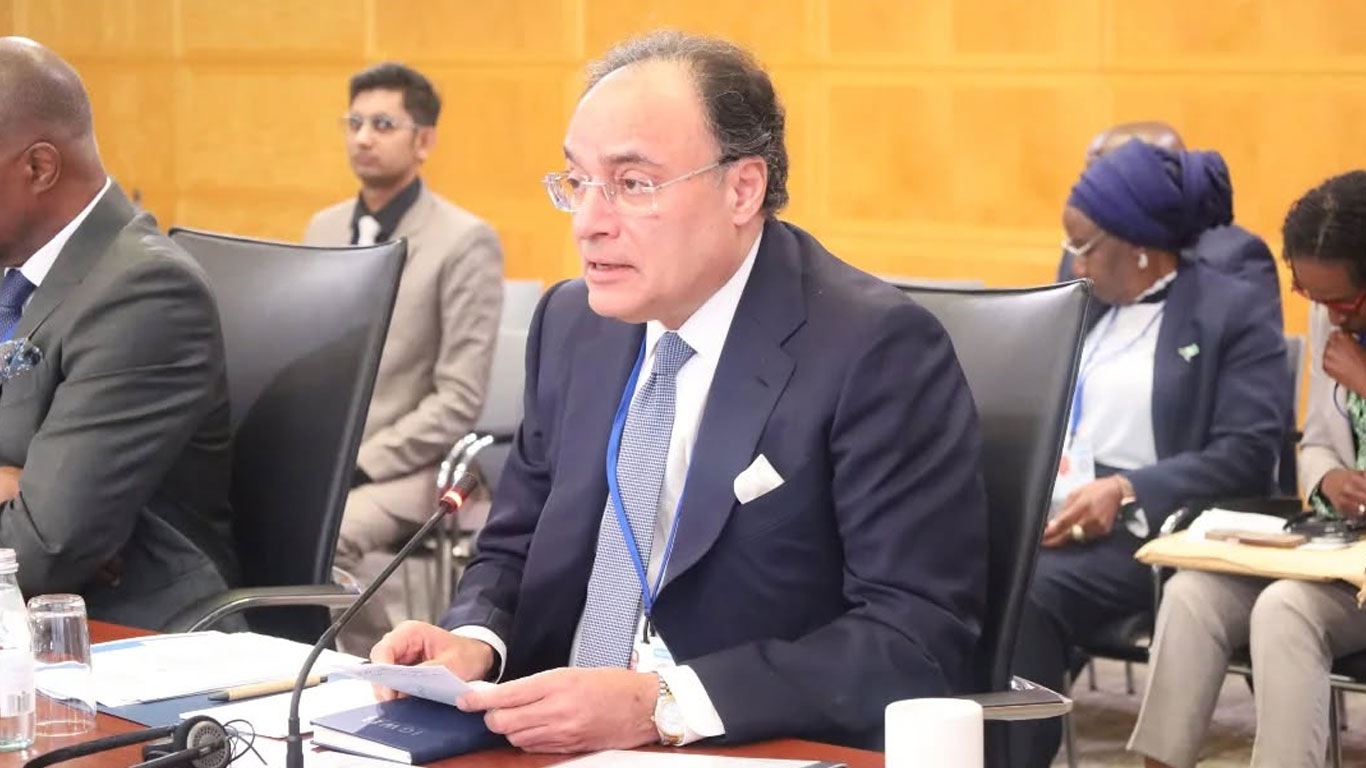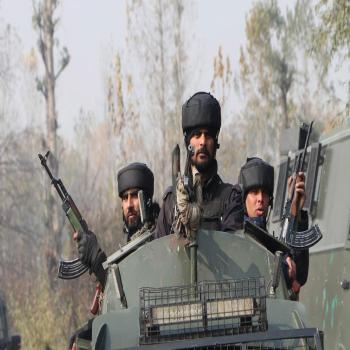In an important move to stabilise Pakistan’s economy and broaden its global trade network, Finance Minister Muhammad Aurangzeb is on a mission in Washington to deepen economic ties with the United States.
During his visit to attend the IMF-World Bank Spring Meetings 2025, Aurangzeb has held a series of high-level discussions aimed at unlocking new investment opportunities and resolving trade hurdles.
Talking to an American newspaper, the finance minister said Pakistan is looking at enhanced imports of US farm products, such as cotton and soybeans. He highlighted the need to address non-tariff trade barriers, like inspection processes, to enable smoother entry of US products into Pakistani markets.
This push comes as the Shehbaz Sharif-led government seeks to soften the impact of the 29% reciprocal tariffs imposed during President Donald Trump's tenure, which remain suspended until July. Pakistan is now aiming for a permanent resolution. To this end, Islamabad is preparing to send a high-level trade delegation to Washington in the coming weeks.
Beyond trade, Aurangzeb also opened the door for American investment in Pakistan’s newly liberalised mining and mineral sectors. "We are inviting foreign direct investment, particularly from the US, to boost our economy and avoid the boom-and-bust cycles of the past," he said.
In a parallel effort, Aurangzeb met with the IMF Managing Director Kristalina Georgieva, expressing Pakistan's commitment to ongoing economic reforms. He thanked the IMF for its support under the Extended Fund Facility (EFF) and the new Resilience and Sustainability Facility (RSF), which includes a fresh $1.3 billion arrangement to help Pakistan combat climate change.
Pakistan is expected to receive $1 billion under the new 28-month programme, pushing total disbursements under the EFF to around $2 billion. The minister also held productive talks with World Bank President Ajay Banga, who praised Pakistan’s reform agenda and macroeconomic turnaround.
Aurangzeb's visit also involved a sitting with the US Treasury's Assistant Secretary Robert Kaproth, wherein he presented plans for reforms in energy, taxes, pensions, SOEs, and debt management. At the luncheon organised by the US-Pakistan Business Council with US corporate leaders, he emphasised improving economic indicators for Pakistan and called for increased private sector participation.
In a separate session with International Finance Corporation (IFC) Vice President Hela Cheikhrouhou, both sides discussed ways to strengthen private sector reforms and secure sound municipal finance. Aurangzeb lauded IFC’s leadership in arranging $2.5 billion in financing for the massive Reko Diq Copper and Gold Project in Balochistan.






